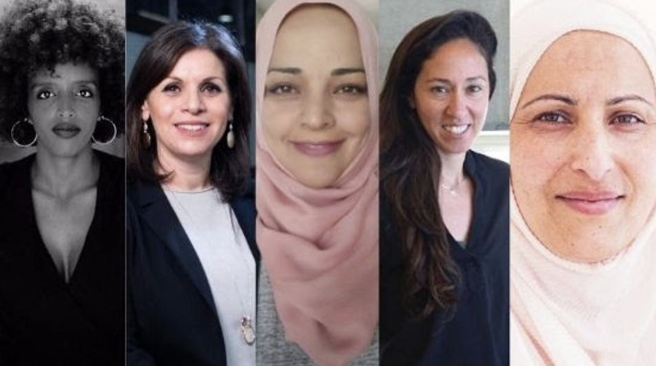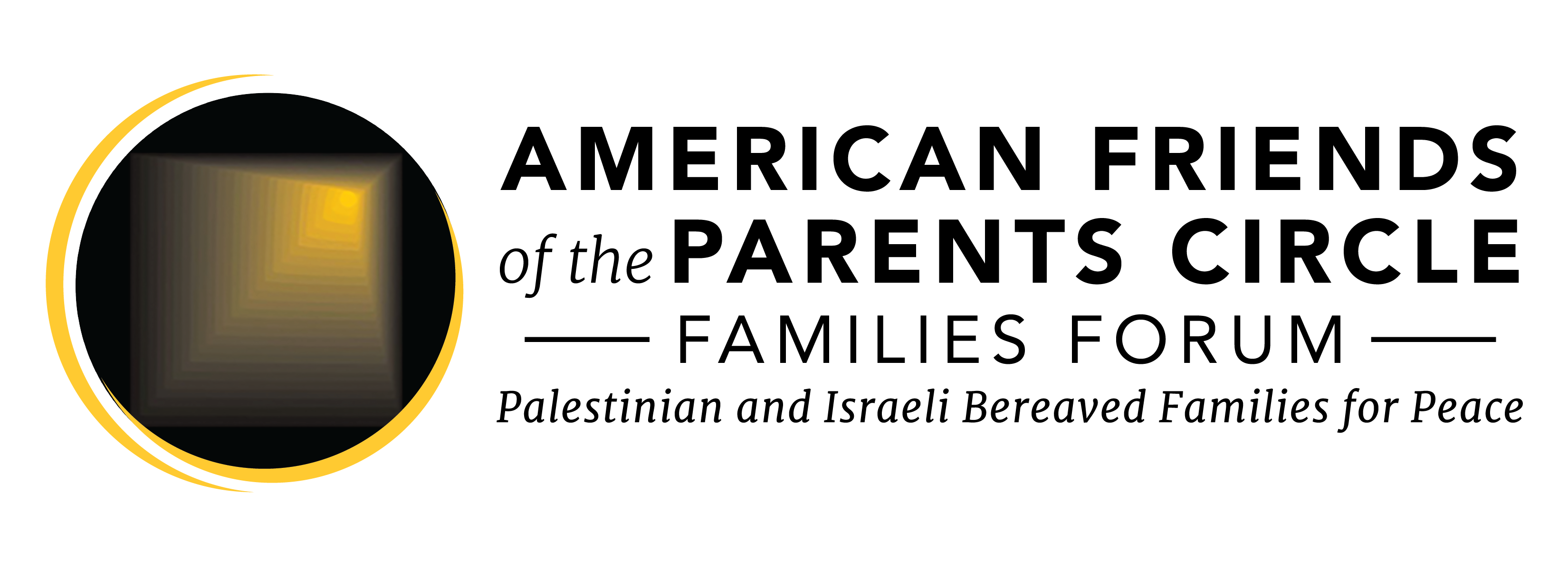The bonds between Israeli and Palestinian women.

I am Kholoud Houshiya and I live in the village of Al Yamun near Jenin. Originally my family is from Haifa. I wasn’t able to experience childhood due to the occupation, which forcibly displaced my family to Jenin under oppression and humiliation.
Later, I married and I gave birth to my first child, whom I named Mohammed. I raised him with all my love and effort.
Mohammed was a young man who loved life dearly, and he loved me even more. He was both my son and my friend, thanks to our close bond.
Mohamad was 23 years old. He worked in Israel and helped his father.
On January 2, 2024 Mohamed took a picture of the Israeli army tearing down my neighbor’s house. The army thought otherwise and they shot him. Just because he was Palestinian.
I always dreamed of seeing my son as a groom, just like any mother. But now, I am left with him buried in my garden. I had hoped to see him, his wife, and his children in my house, but now, every day, I look at his grave from the window in my room.
My message to the world is this: Enough. Enough killing, enough injustice, enough destruction, enough oppression. Enough violence on both sides.
It is not easy for a mother to recount the story of her son’s death—the pain is indescribable. I cannot bear the loss of another child. This is why we must raise the voice of the mothers for a better future for all children and young generations – Palestinians and Israelis.
I am Hala Al-Bukhari, living in Jerusalem.
My daughter, my sister and her large family, children and grandchildren live in Gaza. Despite the distance, before the war, I used to communicate with them daily, checking on their health via video call.
On the morning of October 7th, my son told me to watch TV to see what was happening in southern Israel. From that day, fear has overwhelmed my heart.
Then came the morning of October 18th, bringing the harsh news: My sister’s house was bombed, and she, her husband, her children, and grandchildren were in the house—33 innocent lives lost in this horrific massacre. Since then, my fear for my daughter has grown. I have pleaded with human rights organizations, seeking any means to get her out of the hell of war and the horror of the massacres. Eventually we succeeded to get my daughter out of Gaza.
With every word I write, I struggle to express the extent of my pain. Our hearts bleed with grief for those we have lost and continue to lose. Our sorrow is profound, and our souls yearn for the peace we all dream of.
Let us all live in peace and build a better future for our children. War brings only destruction and ruin to everyone involved, whether Palestinian or Israeli. It is always the innocent people who suffer the most.
I am Liat Atzili from Kibbutz Nir Oz.
My partner, Aviv and I built a life and a family in Nir Oz. We were an inseparable part of this little community, which fulfilled our aspirations and needs. Mine as an educator, and Aviv’s as a farmer and an artist.
On October 7th, our kibbutz was attacked, conquered, and destroyed by Hamas. A quarter of the residents were either killed or kidnapped, including me. The time I spent as a hostage in Gaza was of complete despair, unending fear for my friends and family, and long days. I was nervous that I wouldn’t survive.
After 54 days in captivity, I was returned home. The following day, my family and I were told that Aviv was killed on October 7th. Aviv had hundreds of friends, he traveled and created, and made the most of every opportunity; he truly loved life.In his final year, Aviv fulfilled many dreams, the greatest being to share his art publicly. While managing the kibbutz’s agricultural garage, he painted on tractor parts and scrap metal, blending his love for metals and the Negev fields into his creations. Our children looked up to him and I feel like I had the greatest privilege to share my life with him.
I always believed that war is not our destiny, and that any conflict, including ours, can be solved. This war has proven to me beyond a doubt that we cannot continue fighting, that we have no right to impose the continued suffering of war on future generations on either side. I am ready today, more than ever, to do everything in my power so that our children can live here in peace and security.
I am Mazen from Bethlehem. Many of my family members live in Beit Lahiya, Gaza. They lived in a beautiful house and went on about their lives, despite the siege.
It all stopped on October 10, 2024, when, my uncle, his three sons, and his son-in-law were outside near the house. Israeli aircraft targeted them with bombardment and gunfire. My aunt managed to bring their bodies into the house. With trembling hands, she was forced to gather what remained of them, unable for over a week to lay her husband and three sons to rest.
I cannot believe that so many of my family are dead, and that I cannot go there to help them and cry with them.
The depth of pain in Gaza is beyond description and cannot be fathomed by the human mind. How much longer will this hatred on both sides continue? How much longer will we endure this nightmare? All the Palestinian people desire is a dignified life free from occupation—a fundamental right, just like that of any other people in the world.
The suffering will not cease until we collectively seek pathways to peace and understanding. Revenge will not forge a shared future; we must strive to find common ground and solidarity. Let us unite for a brighter future for the generations to come, and let us raise our voices for peace, so that together we may end this cycle of violence and finally live in safety and harmony.
